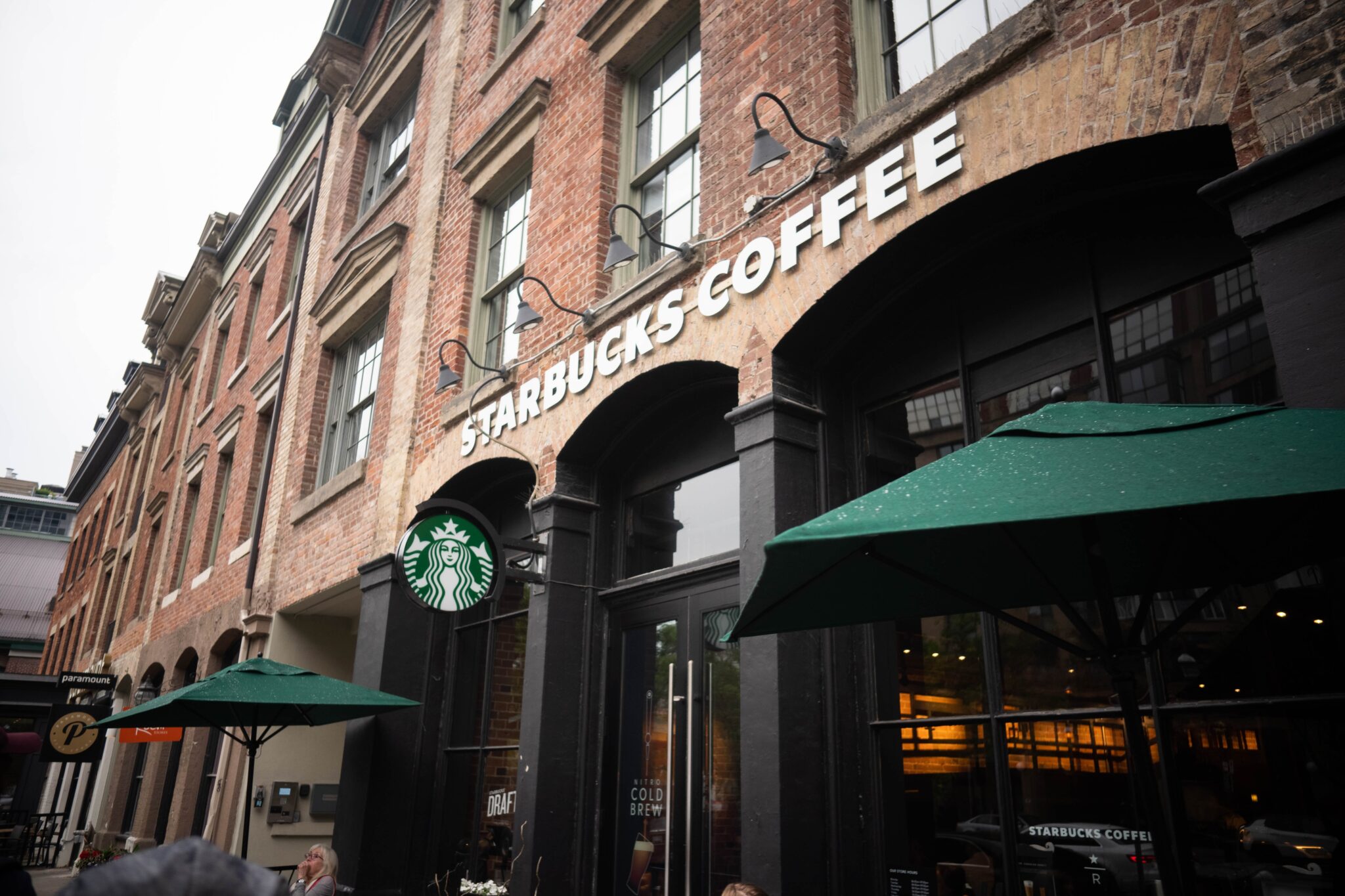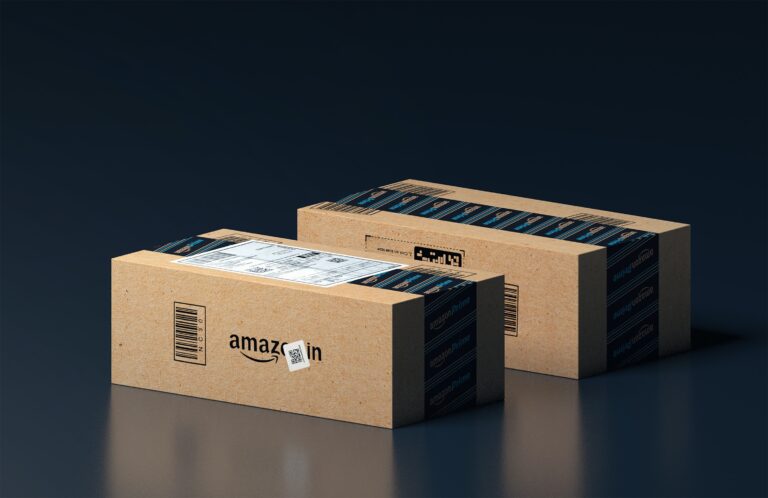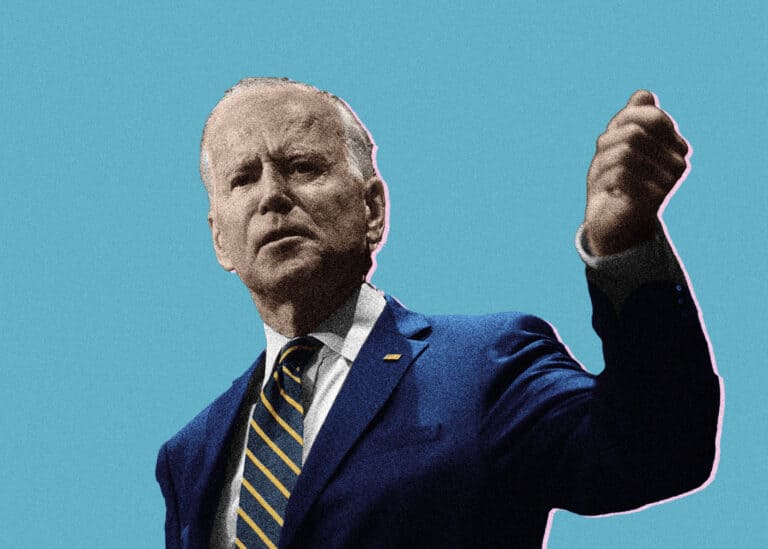
Andrew Strom is a union lawyer based in New York City. He is also an adjunct professor at Brooklyn Law School.
The Supreme Court recently heard argument in Starbucks Corp. v. McKinney, a case where employers are trying to make it more difficult for the National Labor Relations Board (NLRB) to obtain preliminary injunctions that undo an employer’s illegal acts while a case is pending. Without a preliminary injunction, an employer can interfere with organizing rights or refuse to bargain, knowing that it will take years before it is required to comply with a final judgment. Everyone agrees that to obtain a preliminary injunction, the NLRB must show that in the absence of an injunction there will likely be irreparable harm. The fight is over what constitutes irreparable harm. This is an instance where we should watch what employers do, and not what they say. Employers often make exceedingly weak arguments to the NLRB, and exhaust their appeals because they understand that the delay imposes harms on workers, and under current law workers are not compensated for those harms.
The Supreme Court has long held that irreparable harm is simply harm for which there is no adequate monetary remedy. Thus, an intangible harm, such as loss of First Amendment freedoms, is considered irreparable. During the oral argument, Starbucks’ lawyer, Lisa Blatt, argued for an extremely narrow definition of irreparable harm. Blatt contended that in the labor law context, irreparable harm only exists where there’s a specific pending event, for instance if workers are going to be prevented from voting in an upcoming election. The lawyer who argued for the government argued for a somewhat broader test, suggesting that the Court should consider whether the firing of a union activist “extinguishes the momentum of the union drive or impairs it in such a serious way that an order from the Board a year or two down the road won’t be able to restart the drive.” While workers are rarely able to restart a union organizing drive that’s been sidelined for two years, even if they were, they would still suffer irreparable harm. If an organizing drive that should have taken six months ends up taking three years, workers will not receive any compensation for the years in which they were effectively deprived of the right to organize, and thus, by definition, the harm is irreparable. The Board is currently considering the argument by NLRB General Counsel Jennifer Abruzzo that it should overrule its 1970 decision in Ex-Cell-O Corporation, and compensate workers for the lost opportunity when employers illegally refuse to bargain, but so far even Abruzzo has not sought a compensatory remedy for illegal acts that slow down an organizing drive.
During the oral argument, Blatt insisted that the threat of a preliminary injunction is so “coercive” that it forces employers to settle unfair labor practice charges. There’s a different reason why cases often settle when the NLRB seeks a preliminary injunction, and it ties back directly to the irreparable harm argument. An NLRB Regional Director will generally only issue a complaint against an employer when they have a very strong case. So, once a complaint issues, management lawyers should be advising their clients that they are unlikely to prevail. But, in most cases, employers have little to lose and a lot to gain by delaying their inevitable defeat. If workers are fired illegally, there are no punitive or emotional distress damages. And any backpay owed is reduced by any interim earnings the worker earned at another job. For other violations, like a refusal to bargain, the only remedy is a prospective cease and desist order, so employers have a strong incentive to exhaust every appeal in an effort to delay as long as possible.
This incentive to delay explains why employers often raise frivolous arguments. Consider a pending case where Trader Joe’s is asking the NLRB to overturn a decisive union election victory. Trader Joe’s leading argument for overturning the election is that on the first day of the election, as the union’s lawyer walked through the store, he allegedly turned to one of the workers and raised his fist and shouted, “solidarity.” Trader Joe’s further alleges that the worker said, “I’m not part of the union group,” and then the lawyer responded, “Oh, you’re one of those.” While these facts are disputed, even if the allegations are credited, it’s absurd to suggest that the union lawyer’s conduct was intimidating, let alone that it changed the outcome of the election.
It’s been two years since workers at an Amazon warehouse in Staten Island, New York voted to unionize. Amazon predictably responded with a long list of objections, trying to set aside the election. The NLRB’s Regional Director rejected Amazon’s objections, but Amazon still refuses to bargain with the Amazon Labor Union. If a preliminary injunction forced Amazon to bargain while the litigation plays out, Amazon might well decide that its longshot objections aren’t worth the trouble. But, as I have previously explained, without a preliminary injunction, Amazon has nothing to lose by plowing forward with its flimsy claims – even if, as expected, it ultimately loses after exhausting all appeals, it will still have succeeded in postponing bargaining and demoralizing its workers.
Big business is playing a “heads I win, tails you lose” game enabled by right-wing courts. On the one hand, you have Starbucks telling the Court that there is no need to grant preliminary injunctions because workers will recover damages once litigation finally concludes. But, at the same time, SpaceX is arguing that the NLRB can’t award compensatory damages unless it figures out a way to empanel juries. And, the business lobby has opposed the NLRB’s pleas to increase its budget so that it could hire more staff and speed up case processing.
At the Supreme Court, the government’s lawyer was reduced to arguing that there is no need to rein in the NLRB when it comes to seeking preliminary injunctions because this is a tool that the Board hardly ever uses. The right-wing Justices weren’t buying that argument, but if they had it would provide little comfort to workers. The Board’s power to seek preliminary injunctions isn’t worth much if it can only be reserved for a handful of the most egregious cases each year. In 1969, a very different Supreme Court observed that because workers are economically dependent on their employer, they are more likely “to pick up intended implications of the latter that might be more readily dismissed by a more disinterested ear.” So, an employer’s illegal acts may not seem flagrant to a district court judge, but nevertheless they may be more than sufficient to intimidate workers.
Workers have long understood that justice delayed is often justice denied. The ability to seek a preliminary injunction is the only tool the NLRB has to prevent employers from using delay as an anti-union tactic. When Congress gave the NLRB the power to obtain preliminary injunctions, it did so to prevent employers from taking advantage of the Board’s slow-moving administrative processes to accomplish illegal objectives. The Supreme Court should honor that Congressional intent and not allow employers to violate the the law with impunity, secure in the knowledge that time is on their side.










Daily News & Commentary
Start your day with our roundup of the latest labor developments. See all
February 24
In today’s news and commentary, the NLRB uses the Obama-era Browning-Ferris standard, a fired National Park ranger sues the Department of Interior and the National Park Service, the NLRB closes out Amazon’s labor dispute on Staten Island, and OIRA signals changes to the Biden-era independent contractor rule. The NLRB ruled that Browning-Ferris Industries jointly employed […]
February 23
In today’s news and commentary, the Trump administration proposes a rule limiting employment authorization for asylum seekers and Matt Bruenig introduces a new LLM tool analyzing employer rules under Stericycle. Law360 reports that the Trump administration proposed a rule on Friday that would change the employment authorization process for asylum seekers. Under the proposed rule, […]
February 22
A petition for certiorari in Bivens v. Zep, New York nurses end their historic six-week-strike, and Professor Block argues for just cause protections in New York City.
February 20
An analysis of the Board's decisions since regaining a quorum; 5th Circuit dissent criticizes Wright Line, Thryv.
February 19
Union membership increases slightly; Washington farmworker bill fails to make it out of committee; and unions in Argentina are on strike protesting President Milei’s labor reform bill.
February 18
A ruling against forced labor in CO prisons; business coalition lacks standing to challenge captive audience ban; labor unions to participate in rent strike in MN